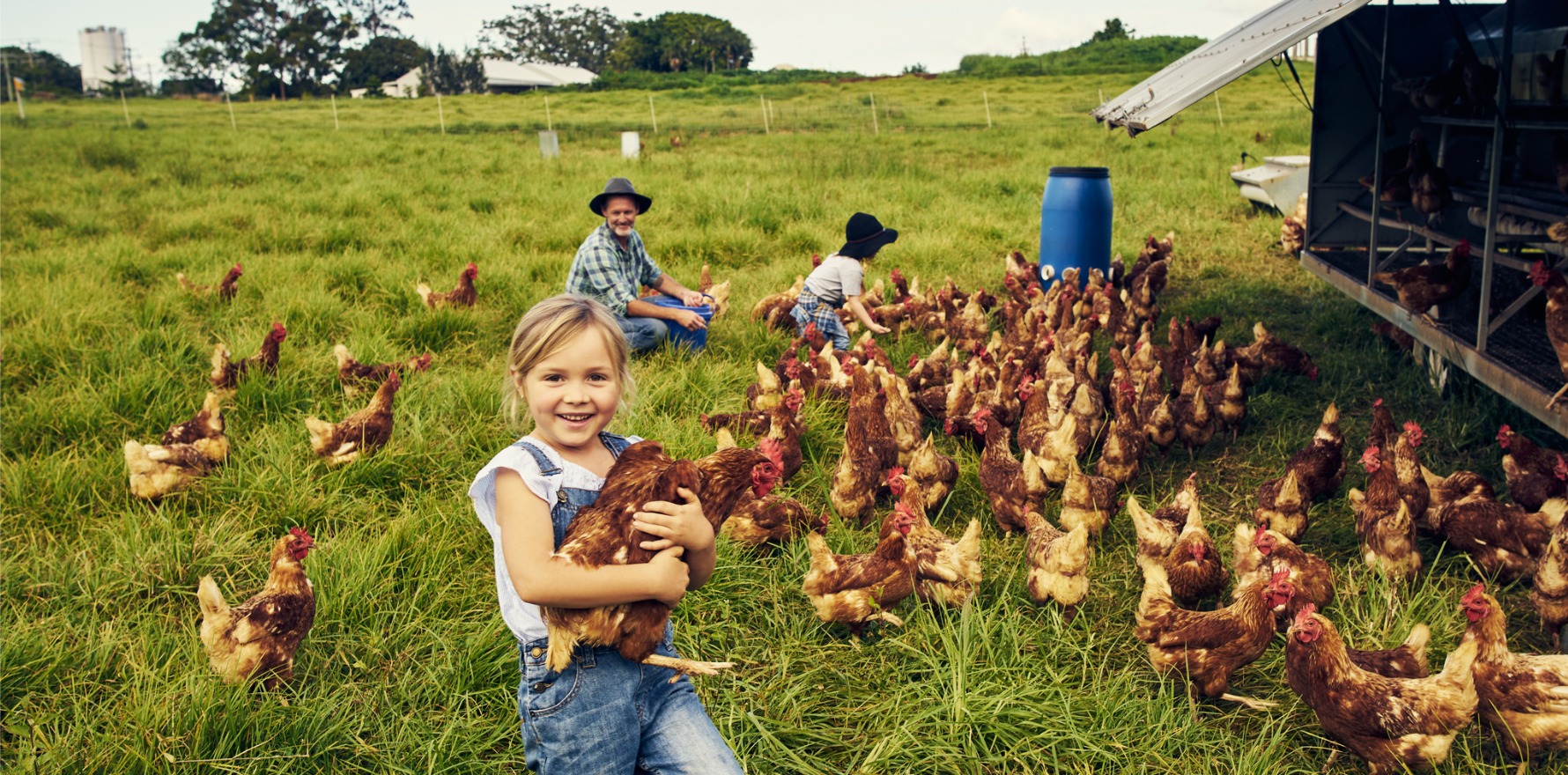A new study from the University of South Australia has highlighted a need for more location-based strategies to handle rural health inequity.
Newly published research from the University of South Australia has highlighted how accessing rural kids health services is, ironically, like dealing with children.
The research assessed the current issues involved with rural health and developed place-based strategies geared towards specific issues.
As the adage goes, if you’ve seen one rural town, you’ve seen one rural town; the paper developed strategies to meet the unique needs and strengths of each community to ensure a sustained support for rural children and relatives.
Suggested place-based health strategies look to implement partnerships with community stakeholders and integration outside of traditional clinical settings such as schools or homes.
With close to one in three Australians living in rural and remote areas, the study outlined the importance of greater community integration into health strategies.
“All children have the right to quality healthcare,” UniSA researcher Georgia Gosse said in a statement.
“But those who live outside of metropolitan centres are distinctly and unfairly disadvantaged.
“Children in rural or remote areas are four times more likely to be developmentally vulnerable than metropolitan children and less likely to access the health services they need.
“Allied health services are vital to putting children on the road to healthy development; but accessing one of these professionals in the bush is like herding cats.”
The authors cited a lack of action on rural inequity as one of the key reasons for the research.
Related
It’s not a new call; when the national budget was released in March, rural doctors called out the absence of rural health strategy funding.
This research echoes similar sentiments from rural health bodies that expressed how the major parties should be prioritising the gaps in rural and regional health.
The study authors called for a renewed National Rural Health Strategy to support rollout of the suggested strategies.
“To improve health outcomes for rural communities, we must deliver child-centred, place-based care that’s co-designed with local communities,” senior UniSA researcher Professor Saravana Kumar, said.
“We need to leverage the strengths of the local community, respect lived realities and ensure that health services are built for the people who use them.
“Importantly, children’s voices must underpin the design and implementation of any models of care.”
The current metropolitan funding bias was a major prompt for the study to highlight the potential benefits of reforms to rural health funding.
“Funding is really challenging because it is often very metro-centric,” Ms Gosse told The Medical Republic.
“It’s built on metropolitan style services which don’t often fit rural communities, so they’re not able to be flexible in how the funding can support an alternate style of service delivery.”





